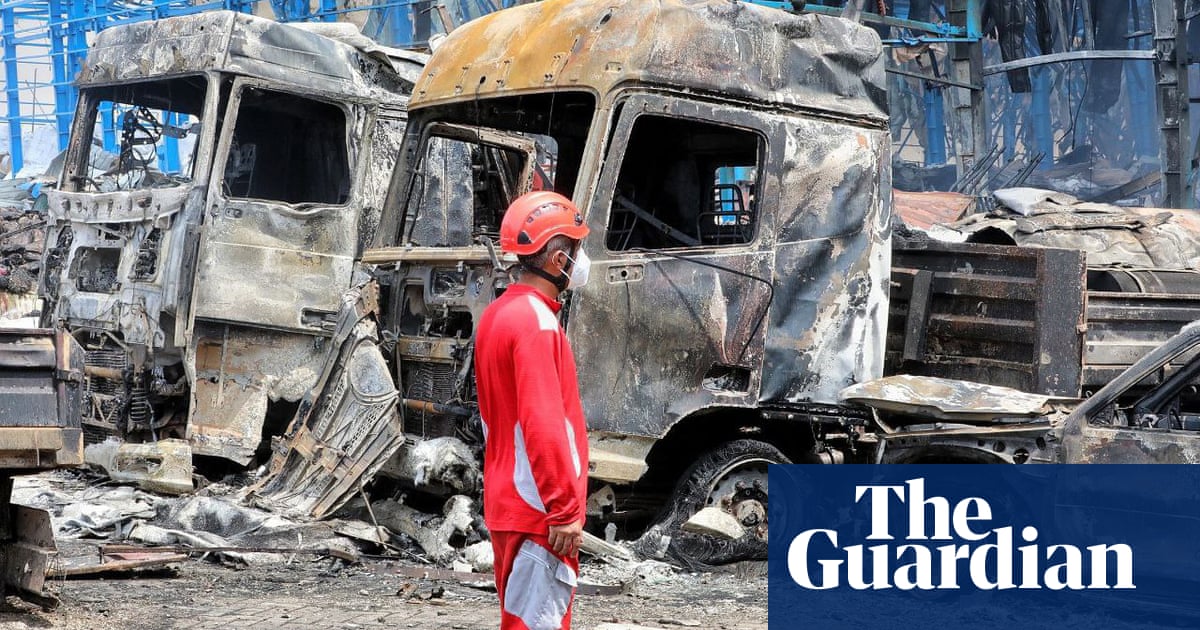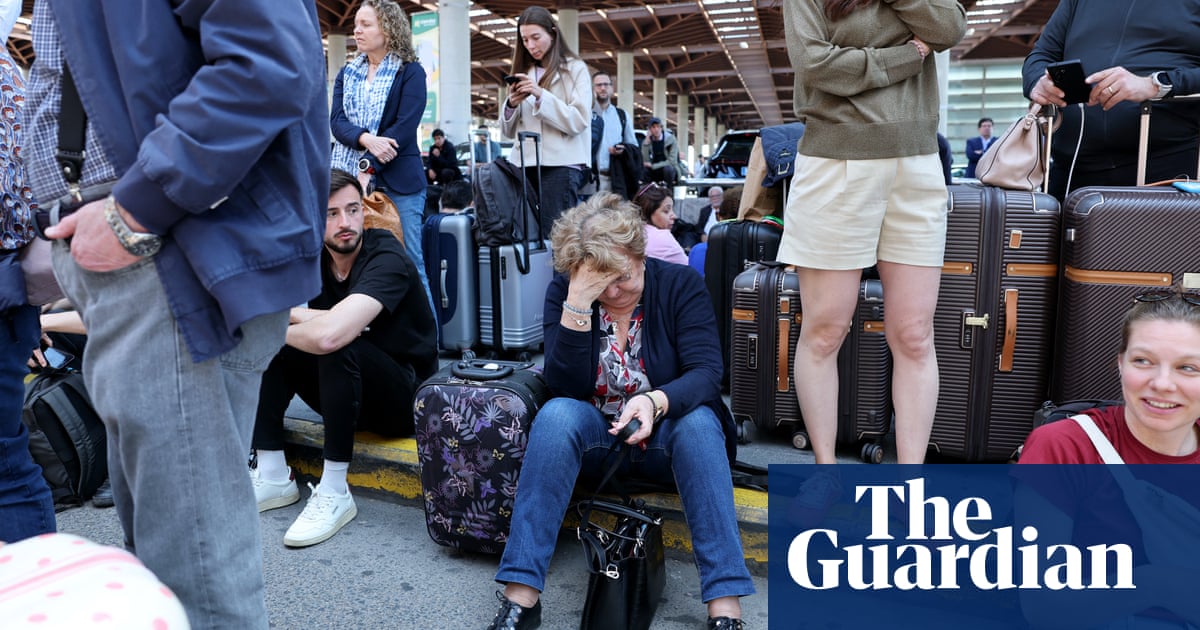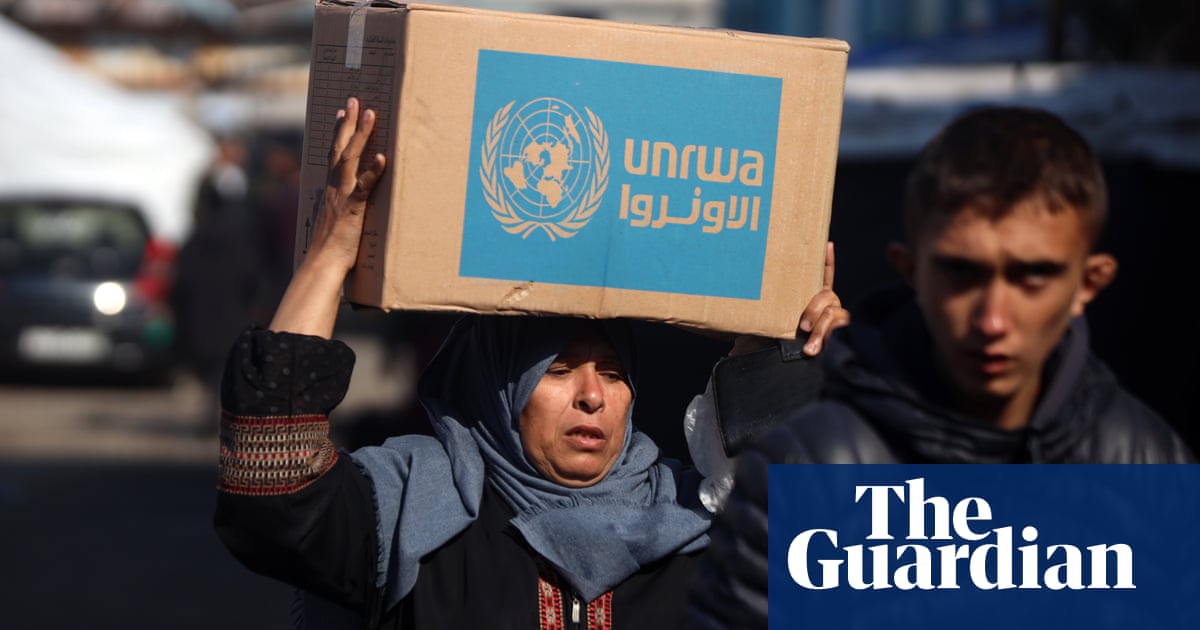If the lights went out in your home or office, on your train home, or in your local supermarket – would you know what to do? That question became more urgent this week, after almost the entire Iberian peninsula suffered a mass electricity blackout, leaving tens of millions across Spain and Portugal without power.
As a result of the two countries’ outage on Monday, millions were left unable to get home from work, take out cash, buy food or in some cases escape lifts that were stuck between floors. Both nations declared states of emergency.
While that event came out of the blue, governments all over Europe have for some time been urging their citizens to be more prepared for an apocalyptic roll call of potential crises: power outages, extreme weather events, pandemics or even military attacks. As the recent power failure at Heathrow showed, what begins as one small event – in that case, a fire at an electricity substation – can have immense global consequences.
EU advice issued last month urged citizens to stockpile at least 72 hours’ worth of food, water and other essentials to help them cope in a potential future crisis. The UK government, too, launched a campaign last March called Prepare, to encourage Britons to be ready in case of emergency. It advises signing up for emergency alerts, planning your household escape route, and stocking up on urgent supplies, among other things.
Is it time to panic? No, says Lucy Easthope, one of Britain’s leading experts on emergency planning and disaster recovery – but it is wise to be more aware of our vulnerability. “Certainly, things are [currently] quite geopolitically unstable, and there’s a lot going on climatically. But if you were an emergency planner, these risks were always there, [it’s just] there was a slight lull in people’s awareness of it.”

Preparing for future calamity can still carry a stigma – “even I’m afraid of looking a bit bonkers”, admits Easthope – but while “these are not end times”, she says, it is still worth knowing you would be able to cope if something went suddenly wrong. She has a cupboard full of essentials – torches, a first aid kit, dried food, a can opener – and a “go bag” packed with daily essentials such as a phone charger, battery pack, underwear and washbag and some medication.
“People [used to] say to me, this is ridiculous, you’re stirring up fear,” she says. But increasingly, “people want to understand this, and the knowledge dispels some of the fear”.
Ian Freeborn, one of the founders of the Live Off Grid network, which advises those living self-sufficient lifestyles, says: “If you can make sure your phone is charged that is half the battle these days,” he says. “So that might mean having a small solar setup that can charge your phone, or certainly a USB power bank.
“The main thing is to keep it charged in any eventuality – then it’s a backup to keep me going for a couple of days at least.” Secondly, he says, keep some cash to hand. “If the card machines aren’t working, people can’t get food and water, essentials. At least, having a bit of cash, you’ll be able to go to the shop.”
Angela Terry, an environmental scientist who advises on clean technology and staying safe in weather and other crises, advises that everyone should have a “blackout box” comprising several days’ worth of food, torches and batteries, medicines and a first aid kit.
“Also, put in a pack of cards or something to keep your entertained. We don’t have to rely on screens all the time.” And if you’re stuck for emergency gift ideas, she says, “Honestly, solar or wind-up radios are a really good idea.”

 5 hours ago
5
5 hours ago
5













































